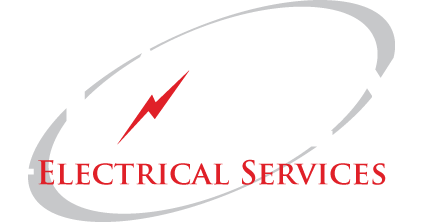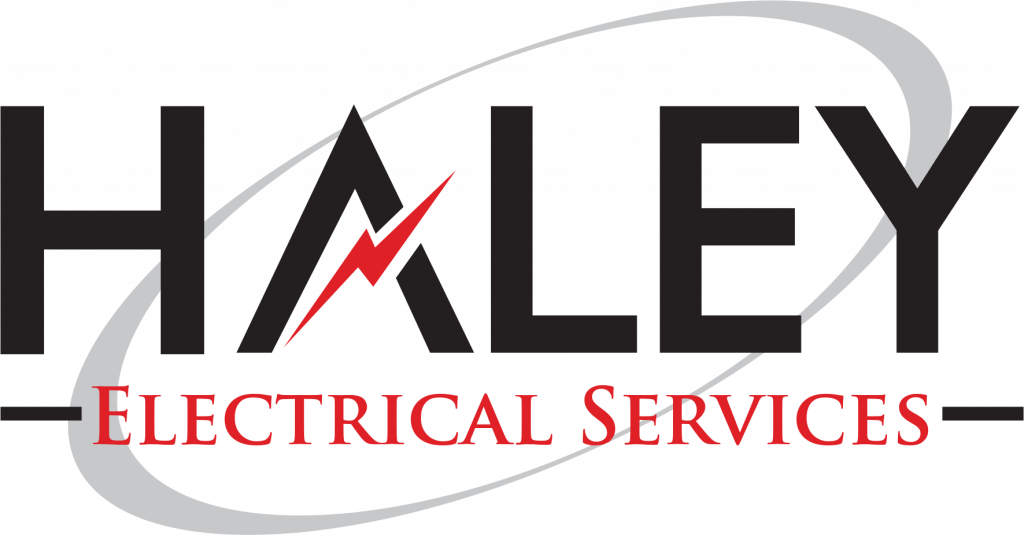Staying aware of how home electrical devices and appliances can swiftly change from helpful to hazardous is the first step in staying safe.
What Electronics Do You Have in Your Home?
Most people maintain certain varieties of electronics in their home, including:
● Mobile phones, tablets, and computers
● Televisions, video game consoles, and audio equipment
● Small kitchen and personal care appliances
These are at risk of being damaged by exposure to liquids, excessive temperatures, and other hazards. All can be dangerous to people, pets, and property if you mishandle the electrical installation or use.
What are the Dangers of Home Electrics?
Here are some examples of electric dangers often found in homes:
Damaged Electrical Cords
An electrical cord that is frayed, cut, or chewed by pets can lead to an electrical shock or even deadly electrocution. Replace worn or damaged cords for personal protection and pet safety rather than repairing them with electrical tape. Unplug an appliance by holding the plug, not pulling the rope.
Piggy-Backed Plugs on a Single Outlet (Circuit Overload)
Overloaded power switches can increase your risk of electric shock or starting a fire. They will likely cause tripped electrical circuit breakers in your consumer unit, shutting off the power to at least a portion of the building.
Exposure to Liquids
Water and other liquids conduct electricity. If you touch a wet electrical outlet, you will suffer an electric shock. You can be electrocuted if holding an electronic device that falls into a pool of water (such as a sink, bath, or puddle).
Extension Cords
Extension cords are convenient but must be used with caution to avoid causing electrical shocks or fires. Never use an indoor extension cord outdoors, and don’t remove the cord’s grounding pin to make it fit a two-pronged outlet. Never use an extension cord in place of electrical wiring.
Tips to Keep Your Home Electrics Safe
The top five ways to keep your electrics safe at home include:
1. Unplug Appliances When Not in Use
In addition to protecting your appliances from electrical surges and similar mishaps, unplugging them from wall sockets, extension cords, and power supplies when not in use lowers your energy consumption.
2. Avoid Overloading Sockets
Avoid using outlet adapters and extension cords to overload your sockets and circuits. You should also avoid plugging more than one heat-producing home electric appliance (hairdryer, toaster, etc.) into an outlet at one time. Finally, major appliances such as ovens, washing machines, and fridges should be plugged straight into the wall, not into an adapter or extension cord.
3. Keep Electrical Devices Away from Water
Keep kitchen appliances at a safe distance from sinks and appliances that use water. Ensure that sockets near a water source are consumer units with GFCI (ground fault circuit interrupter) receptacles. These can quickly shut off power in the outlet when a short circuit occurs.
4. Use the Proper Wattage for Lighting Fixtures
All lighting fixtures should bear a sticker indicating the maximum bulb wattage that is safe to use in that device. Using a wattage that’s too high can lead to bulb overheating, melting the light socket or the insulation of the wires, and causing a fire. Using an incandescent bulb instead of an LED bulb, cover it with a shade or globe to deflect heat from nearby surfaces.
Call an Expert Electrician to help
If your circuits frequently trip, your lights flicker, you see sparks or smell rubbery or burning odours, call an electrician as soon as possible. You likely have a more significant home electrics problem that needs addressing at the source rather than depending on a temporary fix.
When you need a electrical maintenance at your property, call Haley Electrical Services on 07920 047093 to speak to a professional domestic electrician. For fast, efficient service and free estimates to keep you, your home and your electrics safe, Contact us today. Haley Electrical Services serves the Essex, Herts and London areas.

